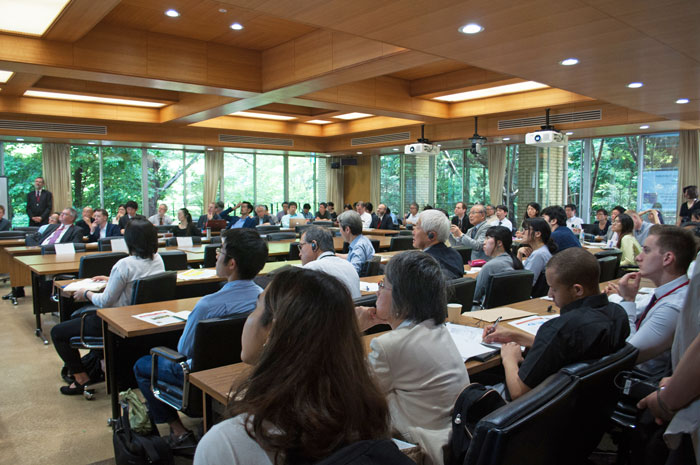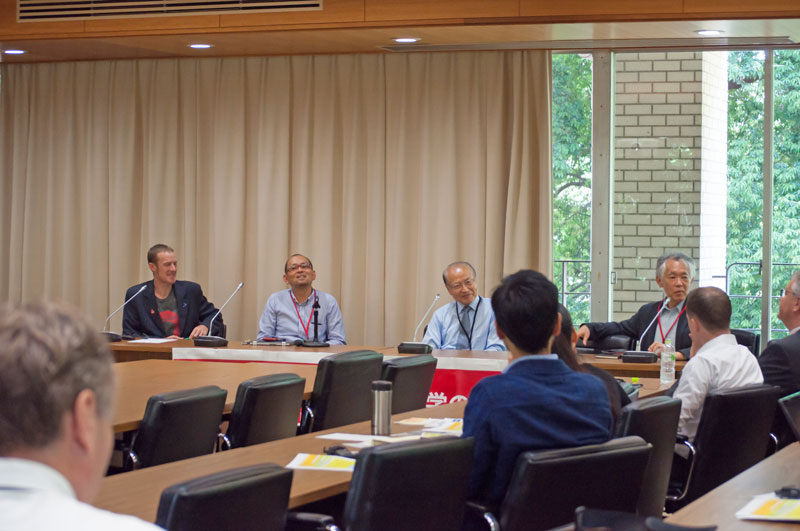Sustainable University Development Workshop with Focus on Renewable Energy (SUDre) Held at ICU

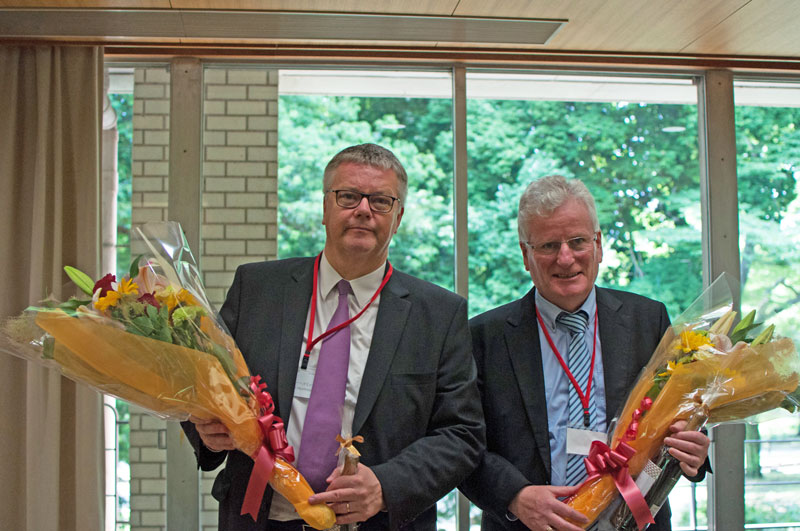
On May 27th, ICU Senior Associate Professor Eckhard Hitzer (physics) organized a one-day workshop on campus entitled “Sustainable University Development with a Focus on Renewable Energy (SUDre 2017).” The workshop explored how universities could switch to renewable energy, and was partially funded by a grant from JICUF. Many distinguished speakers were invited to the event, including His Excellency Mr. Hannes Heimisson the Icelandic Ambassador to Japan, Prof. Gudni A. Johannesson, Director General of the Icelandic National Energy Authority and Prof. Olaf Karthaus (Head of the Department of Applied Chemistry and Bioscience, Chitose Institute of Science and Technology). The workshop steering committee included ICU professors Takashi Kibe (international relations), Mark Langager (education) and Nobuyuki Miyazaki (business).
The workshop was well attended, with close to 70 participants in each session. Here is a report submitted by Prof. Hitzer.
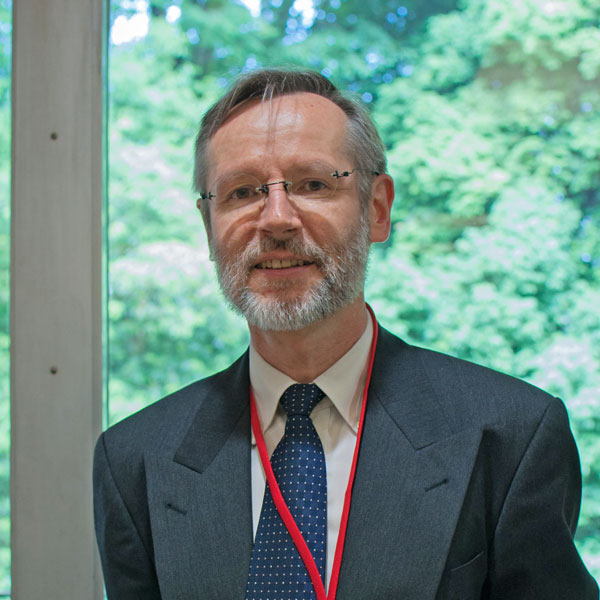
“On a sunny spring day, Saturday, 27th of May 2017, nearly 120 people made their way to ICU to attend the First Sustainable University Development Workshop with Focus on Renewable Energy (SUDre2017), from 10am to 9pm. Nine professors from six Japanese universities had prepared for half a year, enthusiastically supported by over 25 student volunteers. His Excellency Mr. Hannes Heimisson, the Ambassador of Iceland to Japan, opened the workshop, highlighting the benefits renewable energy has brought to his country, and the close partnership between Japan and Iceland in this field, followed by a keynote presentation by Prof. Gudni A. Johannesson, General Director of the National Icelandic Energy Authority.
Over 20 speakers and moderators lectured in the following three sessions: (1) “Exploring Environmental Resources for Sustainable Universities: Ground Heat, Small Scale Hydro and Wind Power,” (2) “Utilizing Local University Resources: Heat and Power from Waste and Biomass,” and (3) “The Rising Sun of University Sustainability: Solar Heat and PV Electricity.” The first afternoon session was opened by Dr. Ingomar Lochschmidt, Head of Advantage Austria of the Austrian Embassy, quoting Genesis 1:1+3 and 2:15 on sustainability. In addition to the three sessions, a special closed executive luncheon for 27 leading university administrators and leading academics was organized to discuss introducing and managing renewable energy at Japanese universities. As the guests were served a light local organic obento meal, three short focus presentations were made, followed by Q&A.
During the break, fair trade coffee and organic tea were served with muffins from Osawa Harmony (bakery with special needs staff) , and there was active networking between participants. Finally, Prof. Goro C. Kimura of Sophia University gave a well-rounded closing speech. After a short networking snack dinner (pizza from Harmony Garden and organic onigiris), the new movie Japan and Renewables (Nihon to Saisei) directed by lawyer Mr. Hiroyuki Kawai was shown in both Japanese and English in separate rooms, followed by an illuminating talk and Q&A session with the director. In a unique atmosphere, the workshop brought together students, teachers, administrators and trustees from universities and local NPO activists, citizens, researchers, engineers, architects, businessmen, leading international academic experts, local and international government officials and local politicians. The organizers are deeply grateful for the financial support received from JICUF and the German JSPS Alumni Association, represented by Prof. Olaf Karthaus of Chitose University in Hokkaido.
We learned that Japan has a great abundance of sustainable renewable energy resources, which in international comparison are clearly underutilized. Progressive citizens, business people, experts, engineers, researchers, academics, architects, local politicians, NPO activists, lawyers and students all share a strong pragmatic vision for making Japanese universities 100% renewable and sustainable in the near future.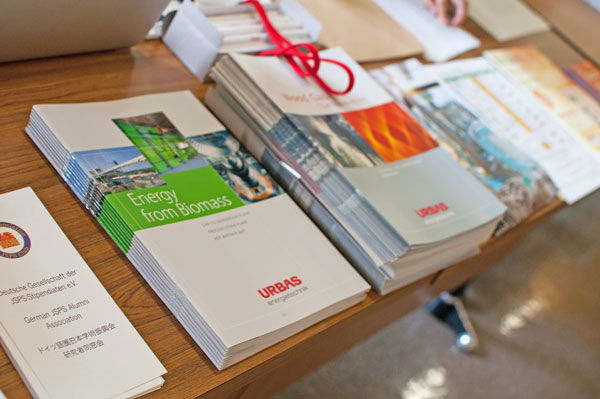
One student volunteer wrote: “I am really glad I could help out. Although it was quite a workload, the effort was all worth it. I am so happy that this workshop turned out to be very successful. I enjoyed preparing beforehand and volunteering on the day. … I believe that, at the end of the day, everybody went home more educated and aware of sustainable university [development] and very satisfied. Thank you for letting me help out with this workshop; it was a great experience for me.“
For more information on the SUD workshop series, please visit the workshop blog: https://sudworkshops.wordpress.com/ “

